Abstract 11/12/2022
Table of content
Katarzyna Mieszczak – Development of land use in relation to accessibility to public transport stops, based on the example of the Górka Narodowa Zachód area
Kamil Dubiel – Results analysis of surveys on the evaluation and expectations of passengers of municipal public transport in Wieliczka
Wojciech Bąkowski – Conditions for effective implementation of modern urban transport
Aleksandra Ciastoń-Ciulkin, Klaudia Wojtas – Passenger information system in Vienna and its evaluation by passengers
Jakub Starczewski – Freight distribution by cargo bikes in cities
Abstracts
Katarzyna Mieszczak
Development of land use in relation to accessibility to public transport stops, based on the example of the Górka Narodowa Zachód area
Abstract: The article presents the issue of land use planning, taking into account the accessibility of a given area to public transport stops. The presented example relates to the area of Górka Narodowa Zachód. The area was modeled in terms of isochrones of access to bus stops and the idea of a 15-minute city. The conceptual stage was supported by numerous analyses, including current development and the transportation system. The next part of the article analyzed accessibility understood as the frequency of lines and isochrones of access to stops. Furthermore, planning documents were presented, on the basis of which a spatial development concept was created. The new design is fundamentally supported by the accessibility of the planned development to the stops, both existing and those intended for the near future.
Key words: transport accessibility, land use, 15-minute city, isochrones of access to stops
Kamil Dubiel
Results analysis of surveys on the evaluation and expectations of passengers of municipal public transport in Wieliczka
Abstract: The article explores at the subject of public transport in the Municipality of Wieliczka. A survey was carried out among the passengers of the Wieliczka Transport Company (WST) on the evaluation of and expectations regarding the operation of public transport. At the beginning of the article, the Municipality of Wieliczka and the transport system management system were briefly characterised. The public transport operator in the municipality, the Wieliczka Transport Company, has been described. Each of the operated bus lines was presented. The next part of the article presents graphically the results of the conducted research, as well as a description and interpretation of the results. The final part of the article provides conclusions.
Key words: municipal transport, public transport, passenger ratings, passenger expectations
Wojciech Bąkowski
Conditions for effective implementation of modern urban transport
Abstract: The aim of this article is to present, based on management and economic theory, the resources and processes that can influence the implementation of modern solutions in urban investments and the transport system for city residents. The effectiveness and speed of change in urban transport depends on the knowledge resources of the city authorities, the local government and the organiser, the availability of financial resources for spending on the development of modern transport, the resources in transport infrastructure and rolling stock and the IT technology used. The potential of these resources and the processes that take place in the decision-making system and financial flows determine the ability of the city government to achieve the tasks that need to be implemented in order for “better transport to influence a better city”. The innovative approach and flexibility of the organiser’s management process depends on the organisational and legal form. The article presents three organisational-legal forms that occur in Polish reality. Their characteristics and the scope of their freedom to use the resources at their disposal are discussed in order to draw the attention of politicians and local authorities to the need to improve the organiser’s organisational-legal form before undertaking planned system changes in urban transport. Attention was drawn to the importance of adequate intellectual capital – intangible resources, the core of which is knowledge. It concludes with the thesis that, in national public transport, one of the important demands facing those in charge of urban administration is the need for postgraduate education offering the latest knowledge in the design and implementation of urban transport innovations.
Key words: urban transport, knowledge, financial resources, resources material,
Aleksandra Ciastoń-Ciulkin, Klaudia Wojtas
Passenger information system in Vienna and its evaluation by passengers
Abstract: Passenger information is an important component of service quality and affects the decision to choose a particular mode of transport. Timeliness, reliability and relevance of passenger information at each stage of the journey will contribute to increasing the competitiveness of public transport in relation to individual transport. Passenger information is all the more important as its acquisition is essential at a much earlier stage than the realisation of the transport service, indeed it determines the decision to purchase transport services. This article presents the passenger information system used in urban public transport in Vienna, describing the tools and forms used to provide it. An evaluation of the functioning of the passenger information system by users of public transport in Vienna is also presented. The evaluation of the passenger information system was carried out for the different tools used at the trip planning stage, at stops and in vehicles.
Key words: urban transport, passenger information, information before travelling, in-trip information, public transport
Jakub Starczewski
Freight distribution by cargo bikes in cities
Abstract: The article presents a systematic knowhow in the field of bicycle logistics. The characteristics of cycling systems are presented, the main features of cycling distribution systems are described, based both on theoretical assumptions and analysis of examples of functioning implementations. Selected examples of cargo distribution systems by bicycle in Europe are also discussed. In the final part of the article short suggestions concerning the possibilities of using bicycles in the transport process are presented.
Key words: cargo bike, bicycle logistics, last mile delivery problem, freight distribution
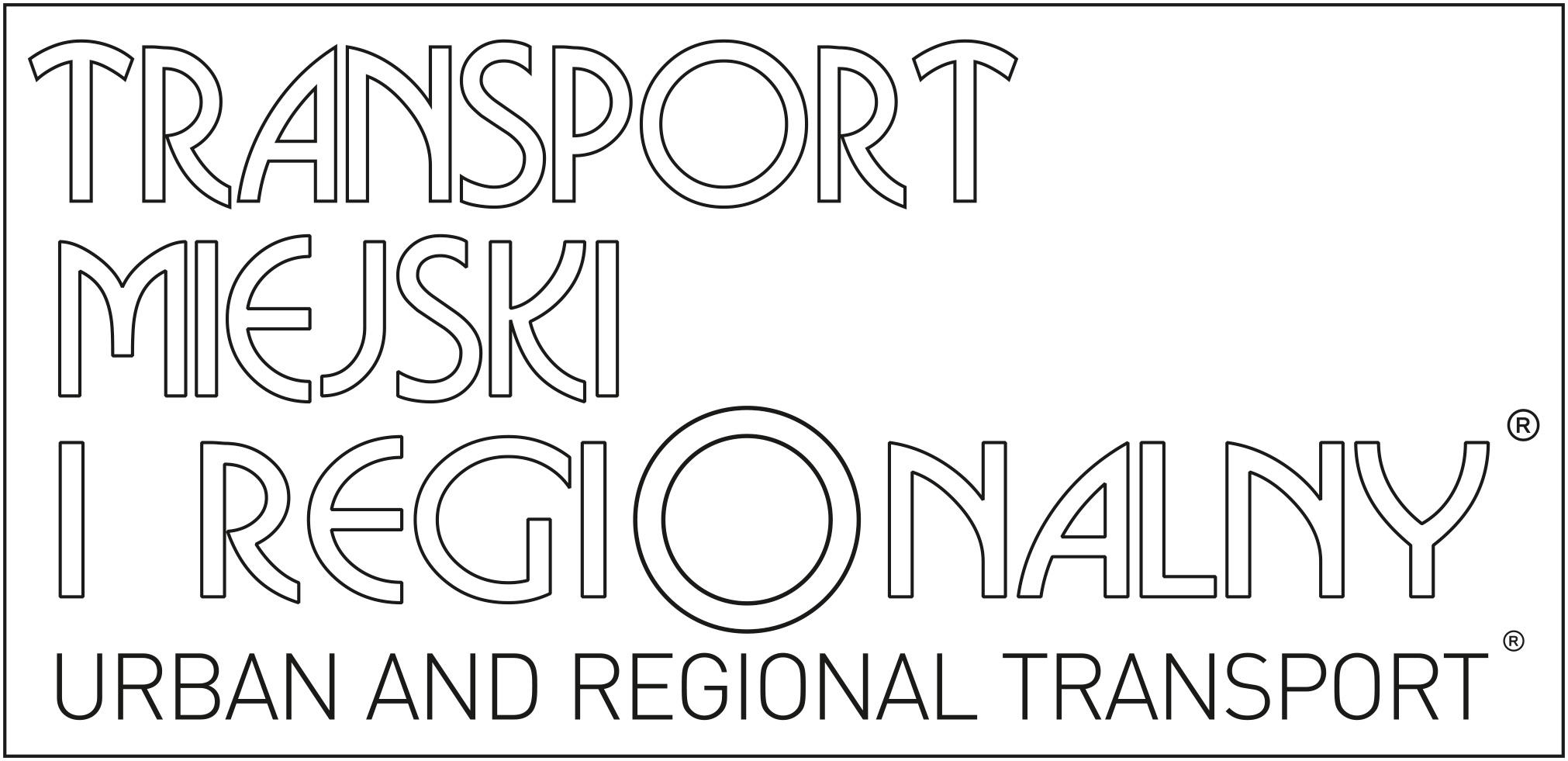
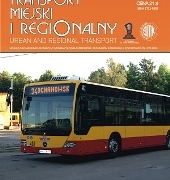 SITK RP
SITK RP 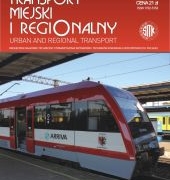 SITK RP
SITK RP 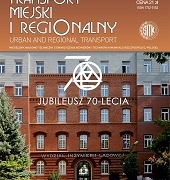 SITK RP
SITK RP 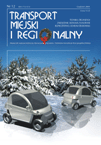 SITK RP
SITK RP 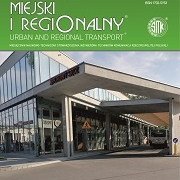 SITK
SITK 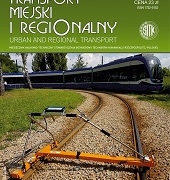

 SITK
SITK SITK
SITK